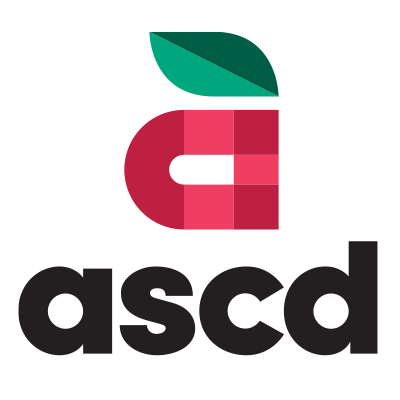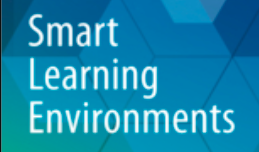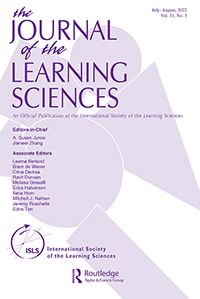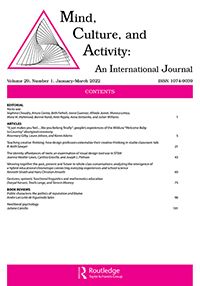A design-based implementation study of a preschool Spanish/English multi-tiered language curriculum
Implementation considerations should be integrated into the development of educational innovations. This design-based implementation research (DBIR) aimed to identify components needing revision, assess the feasibility of a video manual, and document barriers to implementing a multi-tiered dual-language curriculum. Six teachers implemented the curriculum and gave feedback through interviews. While four found the intervention feasible, two felt multi-tiered instruction conflicted with their beliefs. Teacher feedback, along with student outcomes, led to curriculum revisions and additional support materials. The findings highlight system-level barriers that affect the sustainability of multi-tiered instruction in early childhood settings. Spencer, T. D., Moran, M. K., Petersen, D. [...]






